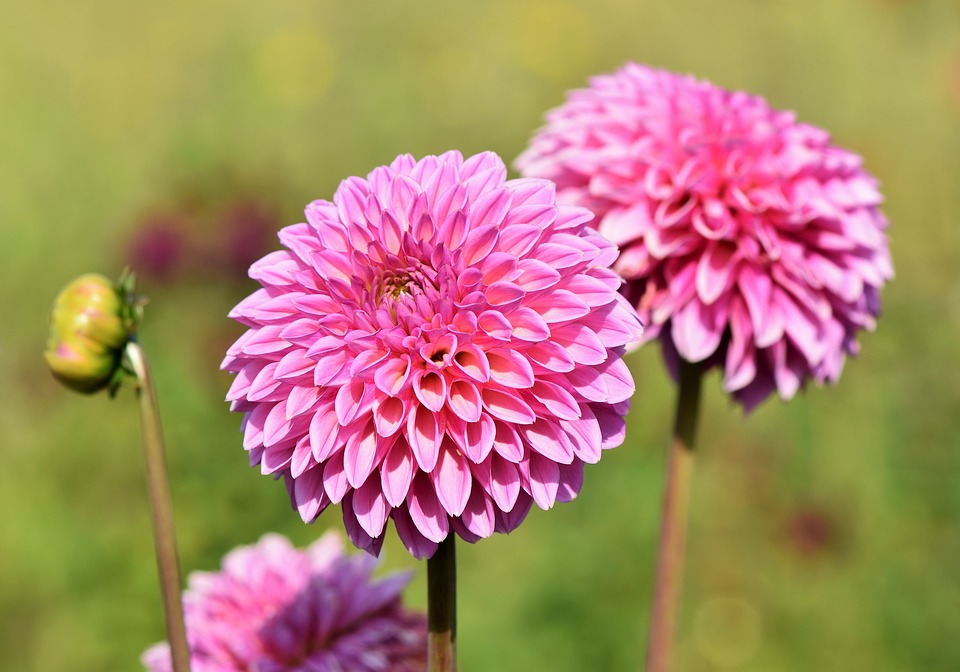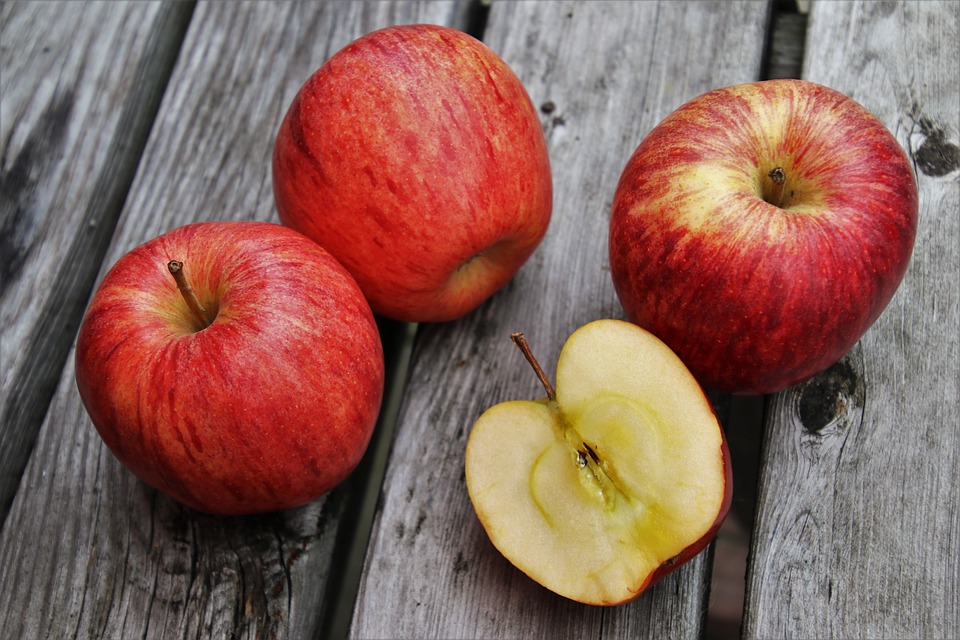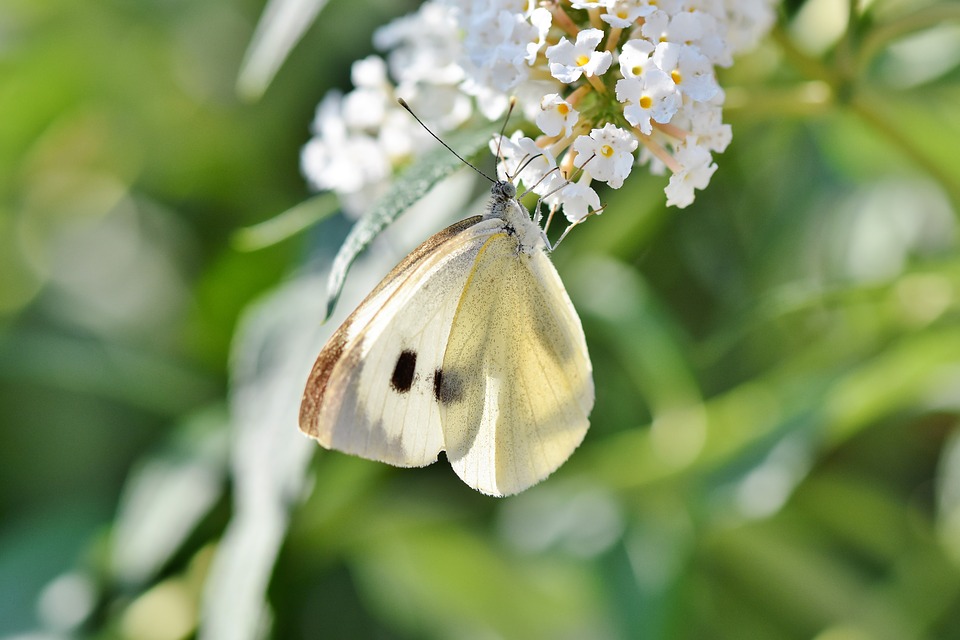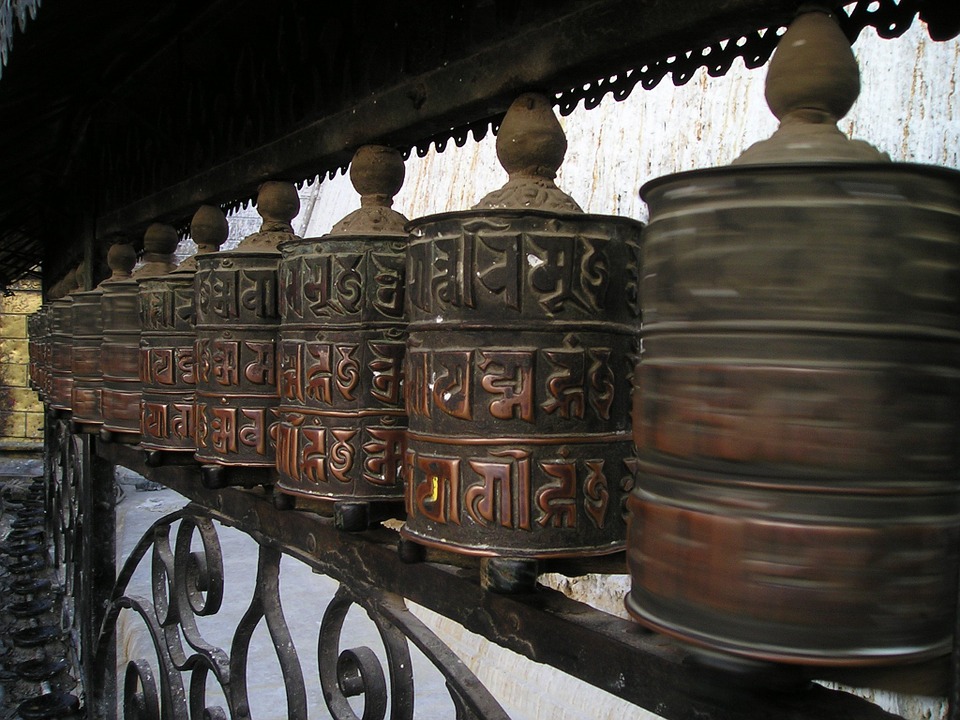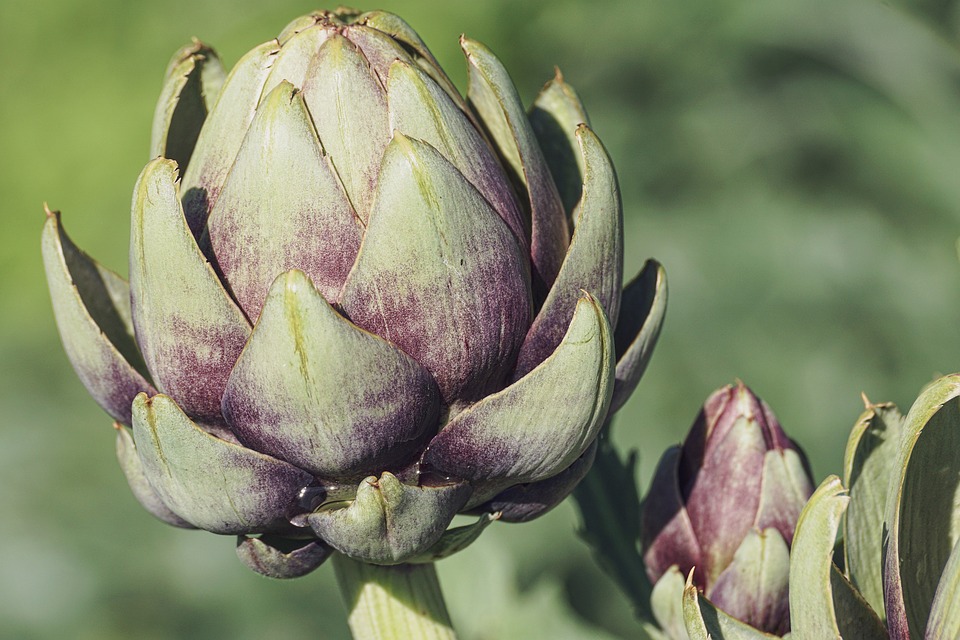Perhaps many people believe that applying Buddhism in their daily life means to regularly perform volunteer work, or to donate property, blood, organs, etc., as well as the various acts advocated by the “Buddhist Vehicle of gods and men”.
Although we cannot deny this is also applying Dharma in daily life, such love and compassion are also possessed by heretics, and even by the ordinary kind-hearted people in society. However, if one does not have compassion, altruism and renunciation mind, this can only be considered to be the specific behavior which a Buddhist should have.
~ Depicted from Luminous Wisdom Book Series 7


